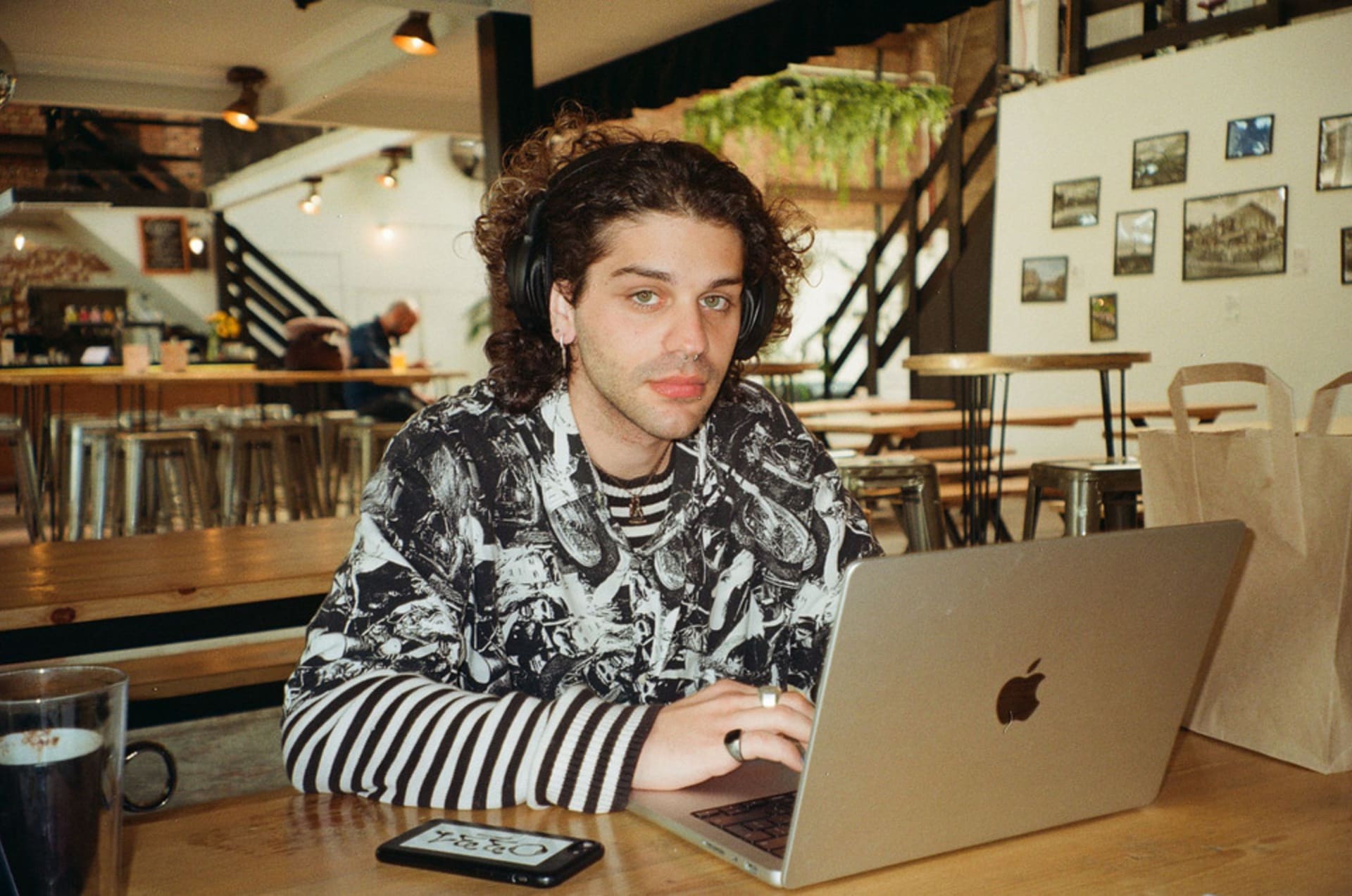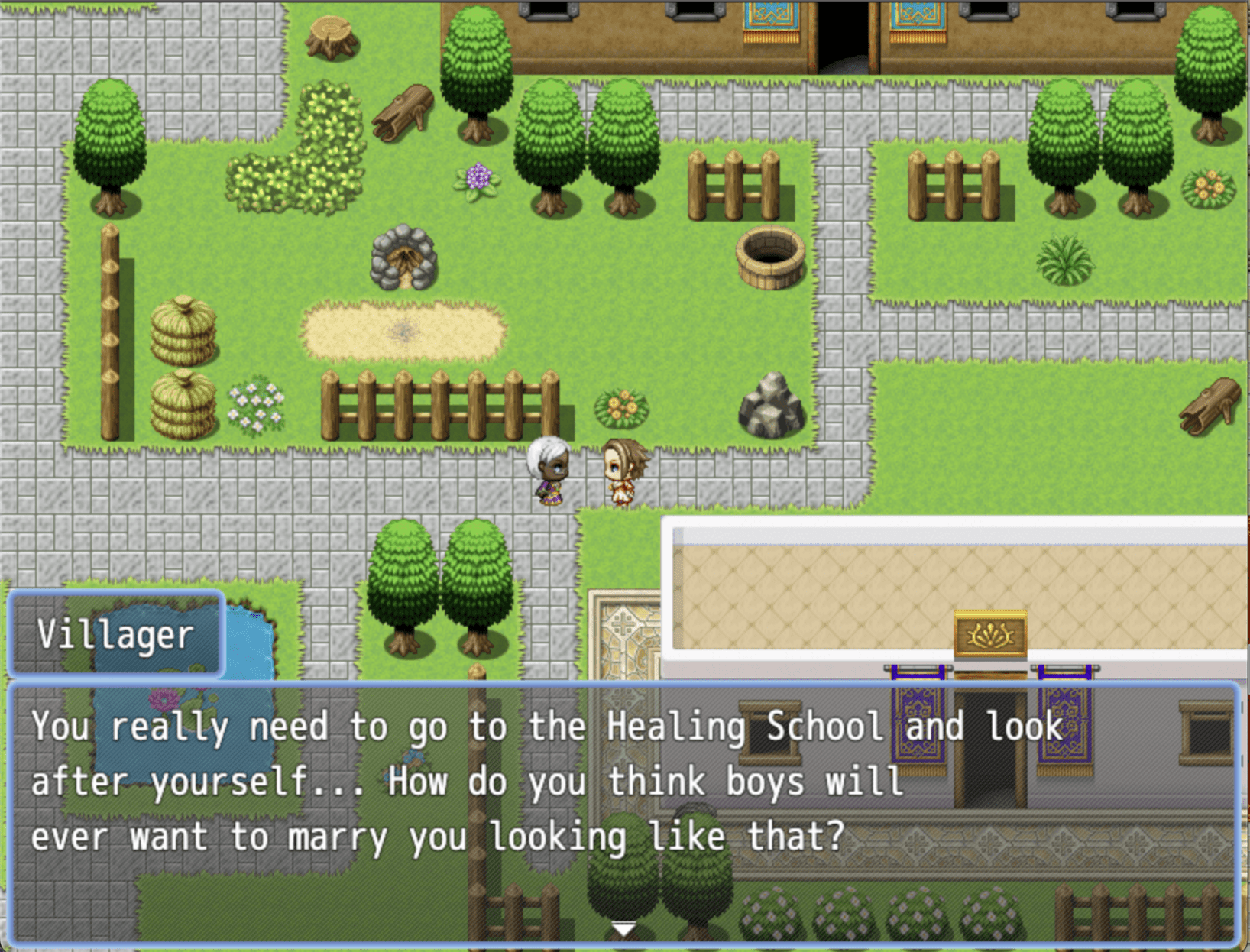Niccolò Abate (they/them) is an Italian Designer and Artist and part of the multidisciplinary crew Covo. They studied BA and MA in Graphic Design at Politecnico di Milano, then moved to London to study MA in Digital Direction at the Royal College of Arts. Their work often comprehends coding and 3D visuals inspired by elements of 2000's internet aesthetics and video games, as their upbringing was very close to the nerd community, and they are still a internet-dwelling goblin. They have worked doing visuals, websites and videogames for clients such as the rapper duo Paris Texas for their 2023 Coachella performance, Photographer Federico Raedelli in collaboration with Spectrum Store and Carhartt, the Italian music label Pluggers with their experimental musical NFT project "Fuck Pop", and Italian producer Palazzi d'Oriente.
Niccolo Abate


Their research work delves into the realms of exploration of self-identity, the relation between queerness and technology–mainly regarding the non-binary experience–and the study of how practitioners can better their communication to inform the public of societal problems. Their most recent work, "The Weird Hero", explores if and how societal structures around stories can influence and problematise the creation of Queer Heroes and Protagonists.
In their Design work, Niccolò gets inspiration from retro-gaming, sci-fi, internet chaos, music, and pretty much everything they've come across lately to create strange 3D worlds, graphics, websites and what they feel like doing lately. Their ethos is "If it's not at least some kind of fun, it's not worth the effort."



